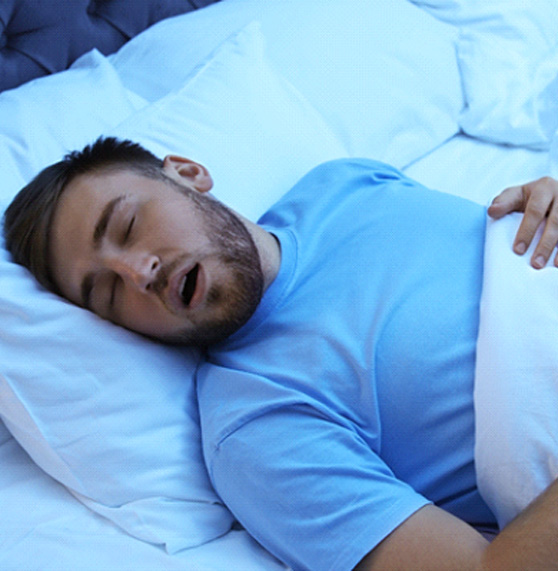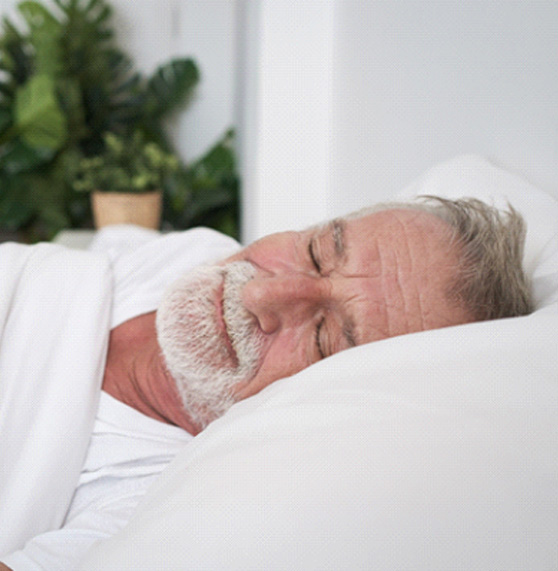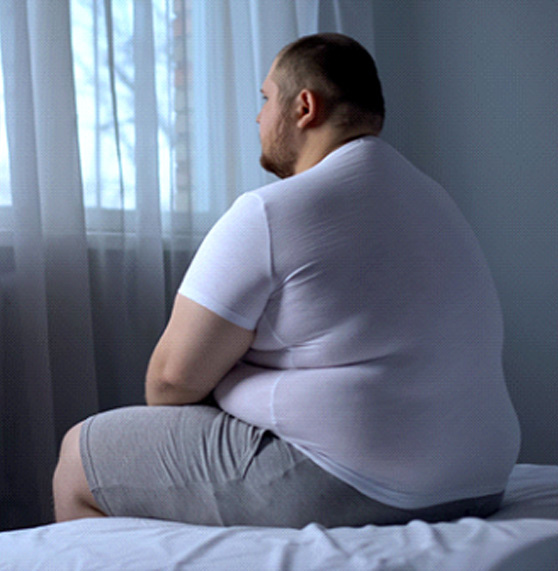Central Sleep Apnea – Flagstaff
The Less Common Form of Sleep Apnea
In most situations, when discussing sleep apnea, the topic surrounds obstructive sleep apnea (OSA). This is because OSA is very common, affecting about 22 million Americans. However, many people aren’t aware that there is another type of sleep apnea: central sleep apnea (CSA). Read on to learn more about the condition, how it works, potential complications, and when to seek professional help.




